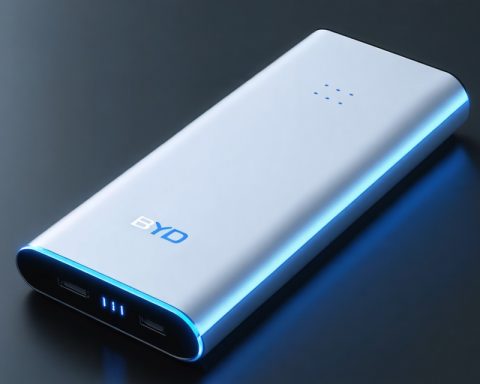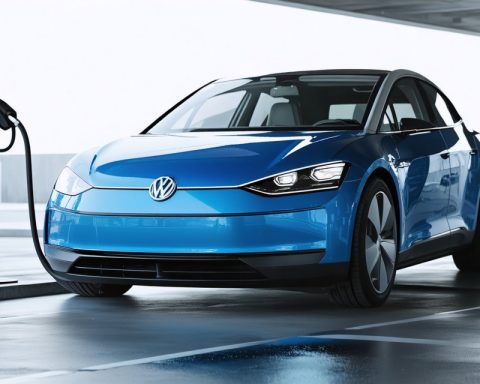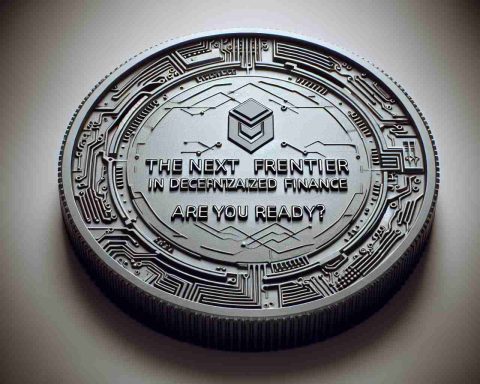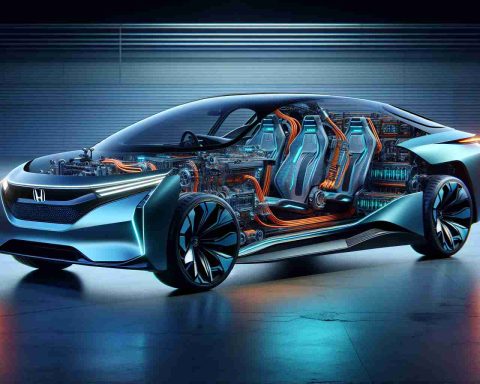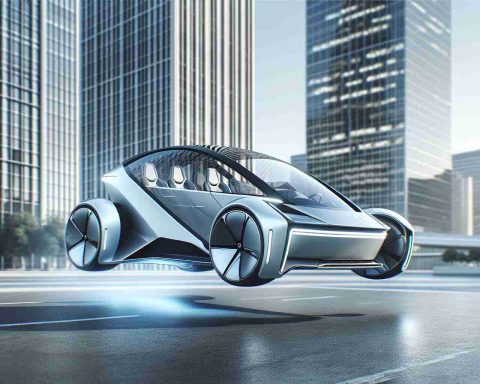- Tesla owners are increasingly disillusioned due to Elon Musk’s political involvement, leading to a notable shift away from the brand.
- Musk’s alignment with President Trump’s administration has become a pivotal factor causing this owner exodus.
- The emergence of strong competitors, such as China’s BYD, and lagging European sales pose additional challenges for Tesla.
- Survey data indicates that over half of potential car buyers are deterred from purchasing a Tesla due to Musk’s political actions.
- Prominent figures and everyday drivers alike express concerns, with some publicly disassociating from the brand.
- Despite controversies, Tesla maintains a core group of supporters who focus on the innovation and performance of the vehicles.
- The situation underscores the tension between Musk’s political positions and Tesla’s market perception and success.
A peculiar spectacle has emerged as a torrent of Tesla owners desert their cherished electric steeds. The catalyst? Elon Musk’s polarizing involvement with President Trump’s administration. This exodus includes both everyday drivers and famous faces, all bound by disillusionment over Musk’s stewardship of the Department of Government Efficiency (DOGE) and his alignment with Trump’s agenda.
A quiet hum turns to chagrin amid whispers of Tesla’s lagging European sales and the relentless advance of competitors like China’s BYD. What unfolds could spell calamity for Tesla if disenchanted drivers, swayed by Musk’s political dance, choose alternatives over the renowned electric juggernaut.
Survey data paints a stark picture; over half of prospective car buyers reportedly balk at the thought of purchasing a Tesla, discouraged by its charismatic CEO. Even existing electric car owners tell of a preference for foreign alternatives. In eye-opening confessions, some Tesla aficionados express shame in their ownership, citing Musk’s actions as tarnishing their experience.
Echoing sentiments of alignment and integrity, musician Sheryl Crow definitively parted with her Tesla, sharing deep concerns over Musk’s liaison with Trump’s camp. Across the Atlantic, Alain Roy of Canada disentangled himself from Tesla, citing profound dismay at the geopolitical dance between his two beloved nations.
Yet, within the chorus of dissent, murmurs of support persist. Loyalists argue the folly of conflating Musk’s politics with Tesla’s innovation. Showrooms brim with enthusiasts, undeterred by the controversy swirling around.
As Tesla’s stock wavers, its essence remains at the mercy of an electrified debate. Will Musk’s political forays galvanize or fracture his empire? The road ahead is steep, and every move now thrusts Tesla’s reputation further into the global spotlight.
Is Elon Musk’s Political Controversy Dimming Tesla’s Future? Key Insights Revealed!
Overview of Tesla’s Situation
Recent events have seen a wave of Tesla owners expressing disillusionment with Elon Musk due to his political engagements, particularly his perceived alignment with former President Donald Trump. This political entanglement has led to a growing exodus of Tesla owners, who are looking to foreign alternatives, and has even discouraged new buyers.
Real-World Use Cases and Market Forecasts
In the real world, Tesla’s vehicles are touted for their cutting-edge technology, remarkable range, and fast-charging capabilities. However, the brand is facing stiff competition, particularly from Chinese automaker BYD and other international brands like Volkswagen and Hyundai, who are ramping up their EV offerings.
Industry forecasts indicate a burgeoning EV market with expectations of a compound annual growth rate of over 20% by 2028. Tesla’s market share could be at risk if these controversies continue to overshadow its technological advancements.
Reviews & Comparisons
Tesla remains a leader in the EV sector, but competitors are catching up, offering comparable features at possibly lower prices. Brands like BYD, Polestar, and Rivian are hailed for their innovation and enhanced customer satisfaction, as noted in various consumer reports.
Security and sustainability remain priorities, with Tesla continuing to upgrade its Autopilot system while enhancing the longevity of its battery technology.
Controversies & Limitations
Critics argue that Musk’s personal ventures into politics could harm Tesla’s image, with surveys suggesting a significant drop in the desirability of Tesla vehicles among potential buyers. This political entanglement may alienate customers who wish to stay brand-neutral in today’s divided landscape.
Moreover, Tesla’s autopilot system has faced scrutiny over safety concerns, leading to ongoing investigations and regulatory challenges.
Features, Specs & Pricing
Tesla’s lineup includes the Model S, Model 3, Model X, and Model Y, with prices ranging from around $40,000 to upwards of $90,000. Each model is equipped with over-the-air software updates, sustainable energy solutions, and a network of Superchargers.
Pros & Cons Overview
Pros:
– Excellent range and performance
– Advanced technology and infrastructure
– Strong brand recognition and early adopter status
Cons:
– High cost relative to some competitors
– Controversial CEO impacting brand image
– Service and quality concerns
Actionable Recommendations
1. Stay Informed: If you’re a prospective EV buyer, keep an eye on industry trends and competitor offerings to make an informed decision.
2. Assess Features: Focus on the features that matter most to you, such as range, safety, and charging infrastructure.
3. Monitor Company News: For Tesla owners, monitoring corporate developments can help navigate potential repercussions on vehicle value.
To explore more about Tesla, visit their official website.
Conclusion
While Elon Musk’s polarizing actions may pose challenges to Tesla, the company’s innovation and market leadership in electric vehicles continue to attract interest. Potential buyers and current owners should consider all factors—political, technological, and economic—before making decisions related to their electric vehicle experience.

